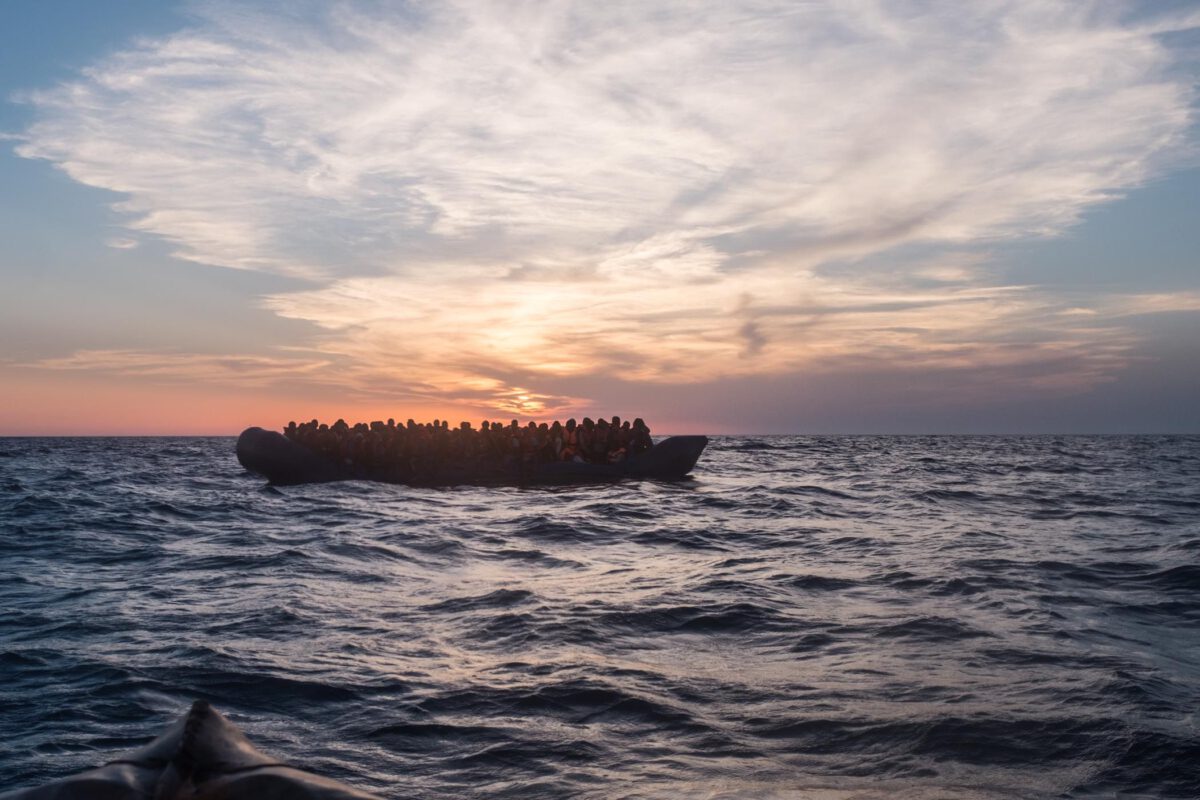Floating illegal reception centres in Malta – My question to the Commission

Here you can find my question to the Commission on the floating illegal detention centres in Malta. You can download it here on the homepage of the European Parliament in all 24 official languages of the European Union. In its answer, the Commission states that it expects Malta and other member states to comply with European fundamental rights and international obligations on sea rescue. However, the Commission does not declare itself competent to do anything concrete about it.
My request
After Malta closed its ports to people rescued at sea, more than 400 people fleeing war-torn Libya were detained aboard government-chartered vessels just outside Maltese territorial waters. They had no access to asylum procedures and no contact with monitoring bodies, journalists or lawyers. They were not informed of how long they were detained or why. Under political pressure, the Maltese government finally allowed the people to go ashore after weeks on board.
It is to be welcomed that the Commission has rejected Malta's request to fund the floating reception centres and has instead offered to support the transfer of these people to other Member States. However, I would like to ask the Commission the following questions:
1. whether the Commission considers that a lack of solidarity in the EU exempts Malta from the obligation to comply with EU law?
2. what the Commission will do to ensure that these serious violations of EU asylum law and fundamental rights by Malta do not go unpunished?
3. what measures the Commission will take to ensure that Malta grants access to the asylum procedures provided for in EU law and that the practice of detention at sea is not repeated?
The following is the reply from Ylva Johansson on behalf of the Commission
The Commission recognises the specific situation of Malta; in particular the additional pressures on its already stretched reception system due to an increased influx of refugees and the COVID 19 pandemic. At the same time, the Commission has reiterated that it expects all Member States to comply with their obligations in the field of fundamental rights, to respect the provisions of the Charter of Fundamental Rights of the EU and all relevant EU and international law, and to take coordinated action to prevent the loss of life at sea, together with all actors involved, including the relevant EU agencies.
The conduct of search and rescue operations is the responsibility of the Member States. The Commission is not competent to coordinate search and rescue operations or to indicate disembarkation points.
The Commission has repeatedly called for persons on board to be disembarked and for those wishing to apply for international protection to be given access to the asylum procedure.
The Commission will continue to do its utmost to provide financial and operational support to those Member States most affected by migratory flows. As part of these measures, it encourages Member States to participate in voluntary relocations as a concrete sign of solidarity with the Member States of disembarkation. The Commission has also held technical meetings to help reduce the pressure on the Maltese reception system by speeding up and coordinating procedures for voluntary relocation and return.
The Commission is currently finalising its reflections on how best to take into account the specificities of search and rescue operations in the new Pact on Migration and Asylum.